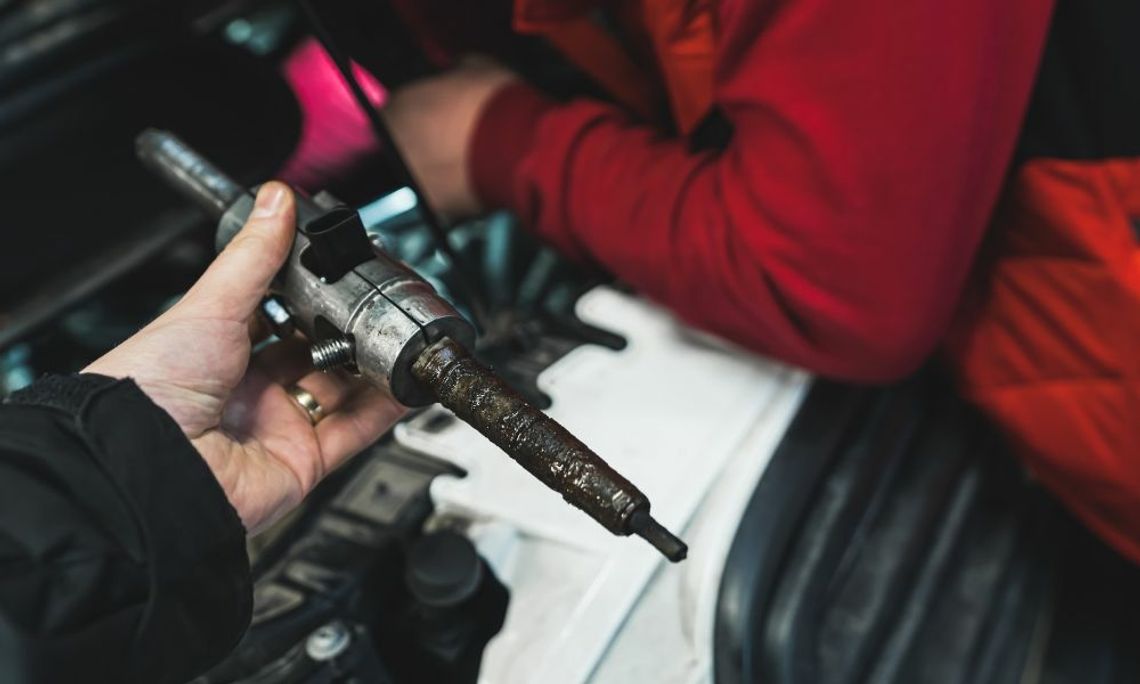Diesel engines have powered countless vehicles for decades, offering outstanding performance and efficiency. At the heart of these engines lies a vital component—the fuel injector. In this guide, we will delve into how fuel injectors work in a diesel engine to help people gain a better insight into how diesel engines operate.
A Brief Overview of Diesel Engines
Before diving into the specifics of fuel injectors, it is essential to understand the fundamentals of diesel engines. Diesel engines work on the principle of compression ignition, where the cylinder compresses air, causing its temperature to rise. When the temperature is high enough, the system injects the fuel, and combustion occurs. This process differs from gasoline engines, which rely on a spark plug to ignite the air-fuel mixture.
The Role of Fuel Injectors
Fuel injectors play a critical role in the diesel engine’s combustion process by delivering fuel precisely and atomizing it into a fine mist. This atomization allows the fuel to mix thoroughly with the hot, compressed air in the cylinder, leading to complete combustion and efficient power generation. Fuel injectors, therefore, contribute significantly to the overall performance and efficiency of a diesel engine.
The Mechanics of a Fuel Injector
Fuel injectors use high pressure and an internal nozzle to distribute the fuel into the combustion chamber. The high pressure enables even atomization of the fuel, ensuring a uniform mixture for optimal combustion. Two main types of injectors exist in diesel engines: mechanical injectors and electronic injectors.
Mechanical injectors rely on a mechanical pump to generate pressure and a mechanical plunger within the injector body to control the timing and duration of fuel injection. As the engine rotates, the plunger moves up and down, opening and closing the injector nozzle. The mechanical aspects of these injectors allow for simple, reliable operation.
Electronic injectors utilize microprocessors to control the fuel injection process, offering greater precision and adaptability. Electronic injectors use solenoids or piezo-electric elements to actuate the nozzle, allowing finer control over the fuel injection timing, duration, and even pressure. These injectors can adapt to changing engine conditions, optimizing performance and emissions.
Common Fuel Injector Problems
Fuel injectors can face various issues, many of which may lead to a decrease in engine performance and efficiency. Some common problems include the following.
- Clogging: Fuel contaminants or build-up of deposits can cause injector nozzles to clog, leading to poor fuel atomization and inefficient combustion.
- Leakage: Over time, seals and O-rings in the fuel injector may wear out, causing fuel leaks and reduced fuel pressure.
- Electrical issues: In electronic injectors, electrical connections and components may corrode or fail, resulting in erratic fuel injection patterns.
There are many reasons why fuel injectors may break down or not work as initially expected. If you notice any signs that your fuel injectors are shot, you may want to replace them with new ones or have a certified specialist look at them.
Maintaining Your Fuel Injectors
Maintaining your fuel injectors is crucial to ensuring optimum performance and longevity of your diesel engine. Learn some maintenance tips below.
- Using high-quality fuel with the correct cetane rating will prevent excessive deposits from building up in the injectors.
- Regularly changing your fuel filter can help remove contaminants from the fuel supply, reducing the risk of injector clogs.
- Periodic cleaning or servicing of injectors can remove deposits, restore ideal spray patterns, and extend the life of your injectors.
Fuel injectors are a vital component of diesel engines that are responsible for delivering precise amounts of fuel for efficient combustion. By understanding how fuel injectors work in a diesel engine and properly maintaining them, you can ensure optimal performance and longevity of your diesel engine.


Comment
Comments